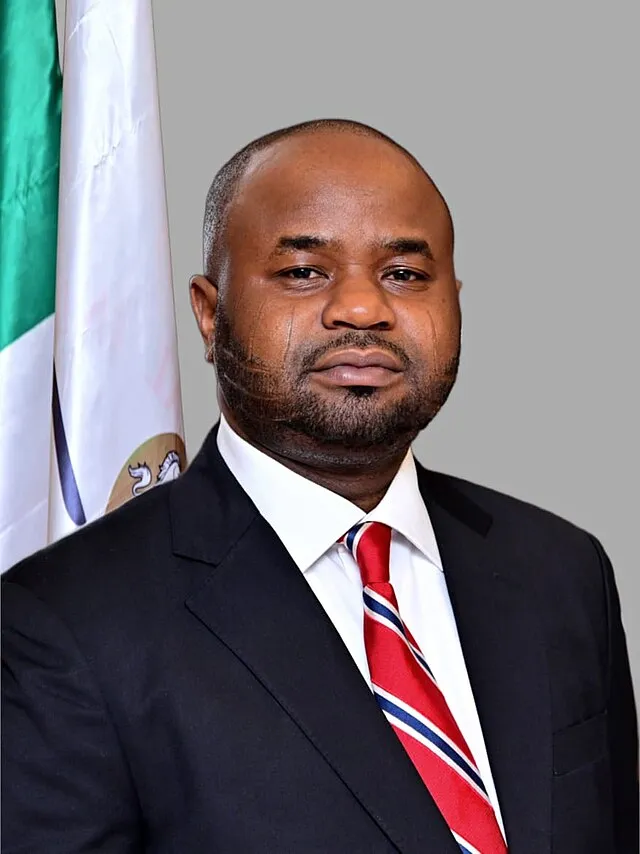
The Federal Inland Revenue Service (FIRS) has announced plans to implement a digital solution, the FIRS e-Invoice, aimed at improving tax administration and compliance in Nigeria.
The Executive Chairman of FIRS, Dr. Zacchaeus Adedeji, disclosed this on Wednesday speaking at at the “Emerging Tax Matters” stakeholders’ engagement organized by the Lagos Chamber of Commerce and Industry (LCCI) in collaboration with FIRS.
According to him, this initiative aligns with the Tax Administration and Enforcement Act of 2007 and is part of the FIRS’ ongoing digital transformation strategy.
Represented by Mrs. Oti Olaniyi, Acting Director of the Medium Taxpayers Department, Adedeji noted that the e-Invoice system would facilitate real-time validation and storage of transactions across business-to-business, business-to-consumer, and business-to-government transactions.
The introduction of the e-invoice is seen as a crucial step towards modernizing Nigeria’s tax system, ensuring efficiency, transparency, and better compliance.
Adedeji stated that the evolving tax environment presents both challenges and opportunities and leveraging technology is essential for creating a more sustainable and equitable tax system.
“Our collective efforts will pave the way for a more prosperous and resilient Nigeria. As we move forward, we encourage you to support these initiatives with constructive feedback and collaboration.
“By doing so, we can all build a stronger, more resilient economy that benefits everyone,” he said.
The FIRS Chairman also highlighted the recent restructuring within the tax agency and the introduction of various tax reforms.
In his remarks, LCCI President Mr. Gabriel Idahosa commended FIRS for its ongoing reforms and urged for stronger collaboration between the government and the private sector.
Idahosa noted that Nigeria’s tax system has undergone significant transformations aimed at boosting revenue, simplifying compliance, and addressing the country’s fiscal challenges.
According to him, under its new leadership, FIRS has set an ambitious target of increasing tax collection by 57%, aiming for N19.4 trillion in revenue in 2024.
Currently, Nigeria’s tax-to-GDP ratio stands at 10.86%, but the government hopes to raise this to 18% over the next three years through these reforms.
Idahosa stressed that achieving this goal will require coordinated efforts between both the public and private sectors. He also recommended that tax policies should support business innovation and competitiveness.
“Recommending tax breaks for wage increases and removing barriers to foreign currency-denominated transactions can create a more robust investment environment,” he added.
He further emphasized the need for trust between the government and citizens, stating that transparency and fairness in the tax system are crucial for encouraging compliance.
“For these reforms to succeed, businesses and citizens must embrace a culture of tax compliance,” Idahosa concluded.
Nairametrics had reported that the FIRS in the first four months of this year failed to reach the approved target for the 2024 budget of N9.96 trillion, with a monthly average of N829.97 billion from oil taxes.
The Federal Inland Revenue Service (FIRS) has begun its recruitment exercise for experienced professionals to…
Primate Elijah Ayodele Unveils 94-Page Prophecy for 2025, Makes Striking Predictions About Nigeria’s Political and…
The Senior Special Assistant to President Bola Tinubu on Community Engagement (North Central), Abiodun Essiet,…
The Minister of Information and National Orientation, Mohammed Idris, has warned politicians against linking stampedes…
Tobi Adegboyega, founder of the Salvation Proclaimers Anointed Church (SPAC Nation), has stated that he…
The Independent Petroleum Marketers Association of Nigeria has said that petrol is going to sell…